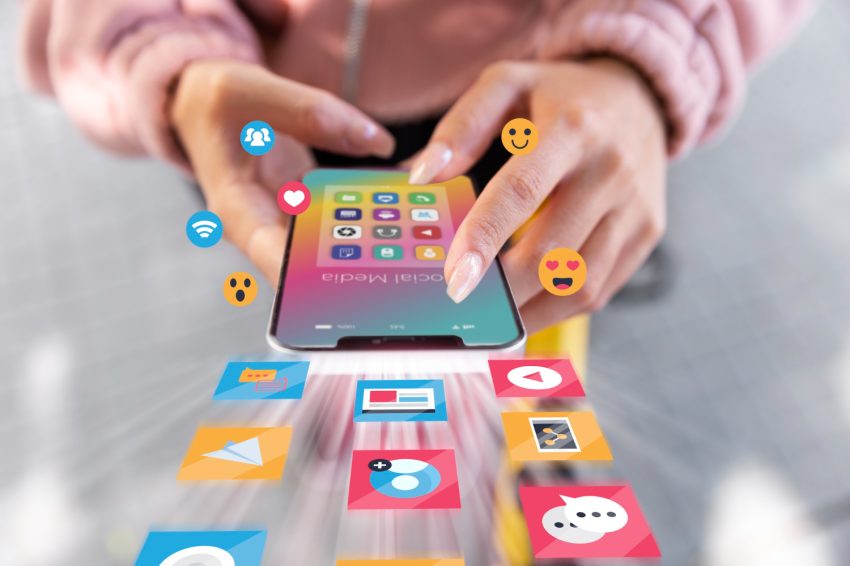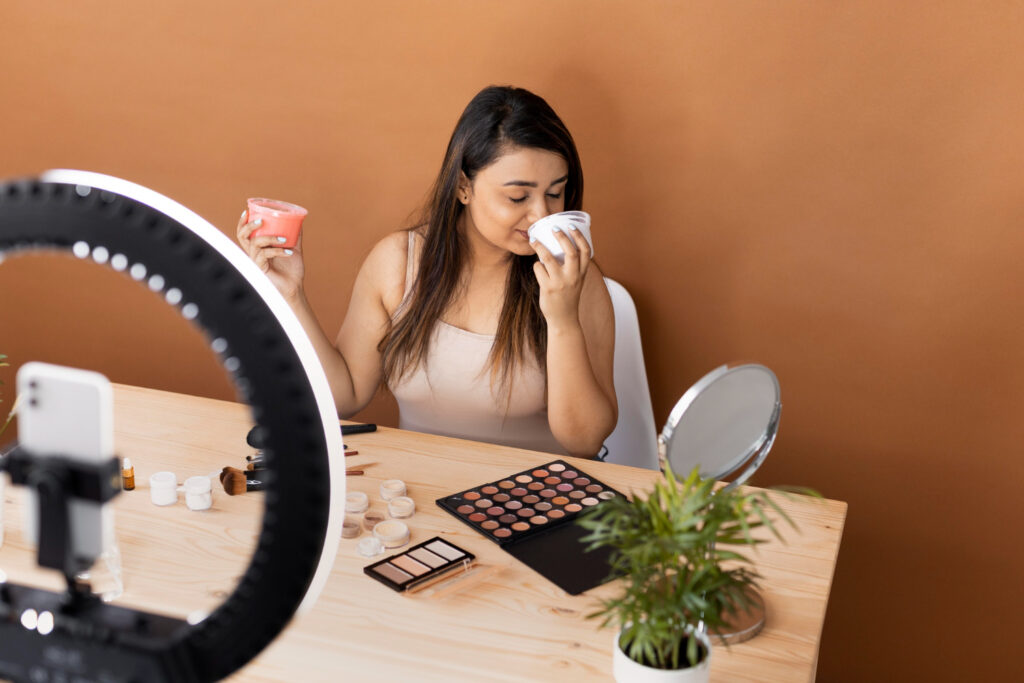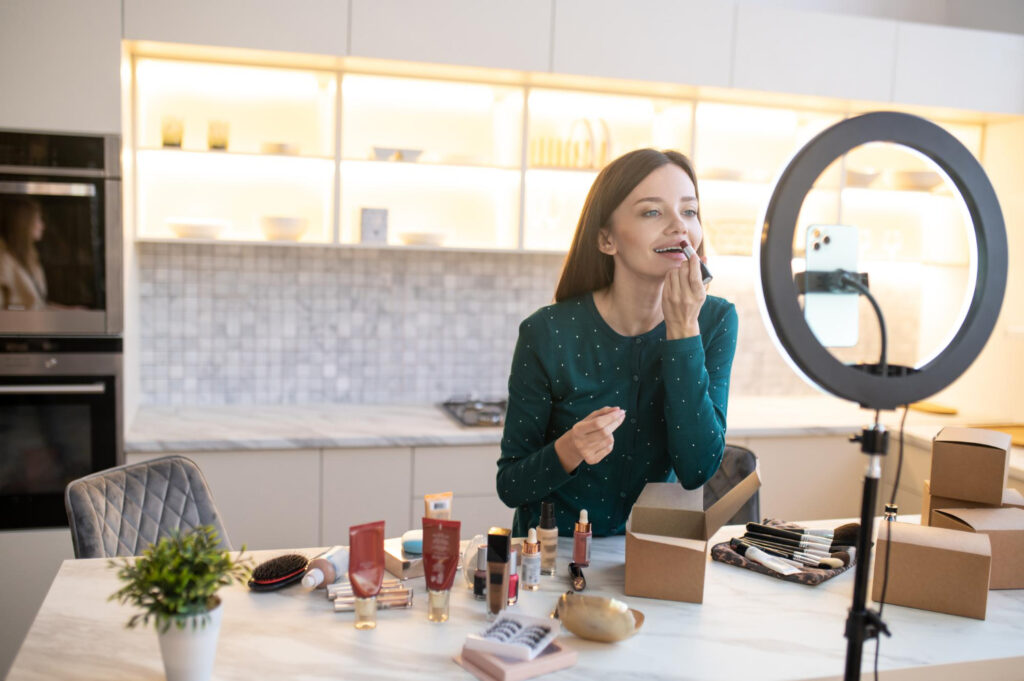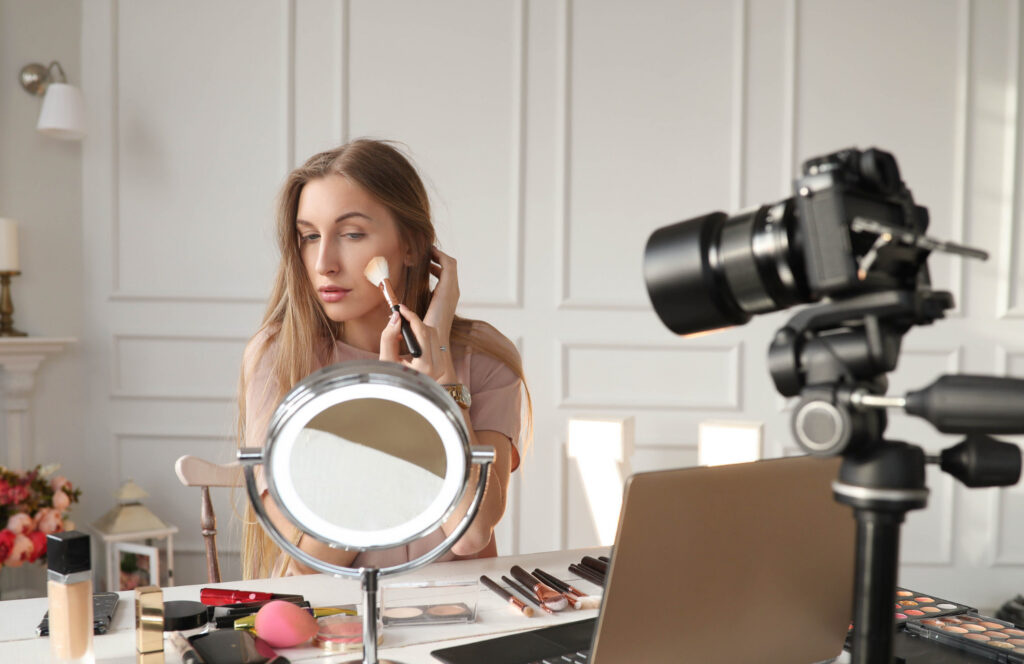
Effective Digital Marketing Strategies for Personal Care Products
In today’s hyper-connected world, digital marketing is an essential tool for any personal care brand looking to build its presence, reach new customers, and increase sales. Whether you’re a startup beauty brand or an established company, understanding how to navigate the digital landscape can dramatically enhance your visibility and growth. This article will provide you with a detailed guide on how to leverage digital marketing for personal care products, from social media and influencer partnerships to SEO and content marketing.
Why Digital Marketing Matters for Personal Care Brands
With more consumers turning to online platforms for product research and purchases, digital marketing has become indispensable for personal care brands. Some key reasons why digital marketing is critical in this industry include:
- Increased Online Shopping: Consumers now prefer the convenience of buying personal care products online, with a significant rise in e-commerce sales.
- Brand Discovery: Many customers first discover new beauty and personal care products through online searches, social media, or digital advertisements.
- Consumer Behavior Shift: Today’s consumers research ingredients, reviews, and sustainability practices before purchasing, making it vital for brands to have an online presence with transparent and accessible information.
According to a study by McKinsey, nearly 55% of beauty purchases are influenced by digital platforms, making digital marketing strategies crucial for growth.

Key Digital Marketing Channels for Personal Care Products
Several digital marketing channels offer tremendous opportunities for personal care brands. Here’s an overview of the most effective ones:
Social Media Marketing
Social media is a powerful tool for brand building, engagement, and direct sales. Platforms like Instagram, TikTok, and Pinterest are particularly influential in the personal care industry. Key strategies include:
- Instagram Reels & Stories: Showcase new product launches, tutorials, and behind-the-scenes content to engage your audience.
- User-Generated Content (UGC): Encourage your customers to share their experiences using your products through branded hashtags.
- Influencer Collaborations: Partner with influencers to promote your products. Micro-influencers (those with 10k–50k followers) can offer high engagement and trust from their followers.
Example:
Glossier, a modern beauty brand, built much of its success through Instagram by showcasing user-generated content and minimalist product photos, driving both engagement and sales.
Search Engine Optimization (SEO)
SEO is the process of optimizing your website and content to rank higher on search engines like Google. When consumers search for personal care products online, it’s important that your brand appears among the top results. Key tactics include:
- Keyword Research: Focus on popular, product-related keywords such as “best moisturizers for dry skin” or “cruelty-free skincare products.”
- On-Page SEO: Optimize product descriptions, blogs, and landing pages with relevant keywords.
- Local SEO: For physical stores, make sure your Google My Business profile is up-to-date to capture local searches.
Example:
Personal care brands like The Ordinary rank highly for specific skincare concerns, such as “Niacinamide for acne,” thanks to robust SEO efforts focused on their targeted product offerings.
Influencer Marketing
Influencer marketing is especially effective in the personal care industry, as consumers often seek recommendations from trusted voices in beauty and skincare. Collaborating with influencers can help generate credibility and buzz around your products.
- Choose the Right Influencers: Collaborate with influencers who align with your brand’s values, product ethos, and target audience.
- Affiliate Programs: Create affiliate programs where influencers can earn a commission for every product sold through their unique link.
- Product Reviews and Tutorials: Allow influencers to share their honest reviews and tutorials, which serve as authentic endorsements for your products.
Email Marketing
Email marketing allows you to build a direct relationship with your customers. Use it to send personalized product recommendations, promotions, and new product updates. Best practices include:
- Segmentation: Segment your email list by customer preferences, previous purchases, or skincare concerns.
- Automation: Set up automated email flows, such as welcome series or post-purchase follow-ups.
- Exclusive Offers: Provide email subscribers with exclusive discounts or early access to new products.
Example:
Personal care brand Herbivore Botanicals uses email marketing to offer personalized product recommendations based on customer preferences, boosting engagement and repeat purchases.
Content Marketing
Content marketing allows you to educate, inspire, and inform your audience through valuable content, ultimately building brand loyalty. This includes blog posts, tutorials, video content, and social media posts. Some content ideas include:
- How-to Guides: Create blog posts or YouTube videos that guide customers through using your products (e.g., “How to Layer Your Skincare Routine”).
- Ingredient Spotlights: Highlight specific ingredients like hyaluronic acid or retinol, explaining their benefits and why they’re included in your products.
- Product Reviews and Testimonials: Showcase customer reviews and testimonials to build trust and authenticity.

Understanding Your Target Audience in the Personal Care Market
Understanding your target audience is key to a successful digital marketing strategy. In the personal care industry, there are several consumer segments to consider:
Millennials and Gen Z
These younger generations are highly influenced by digital content, particularly on platforms like TikTok and Instagram. They are drawn to brands that prioritize inclusivity, sustainability, and authenticity. Digital strategies should focus on:
- Engagement on Social Media: Create viral challenges, behind-the-scenes content, and influencer collaborations.
- Sustainability Messaging: Highlight eco-friendly packaging, cruelty-free formulas, and vegan ingredients.
Health-Conscious Consumers
These consumers are concerned about clean beauty and the ingredients used in personal care products. Ensure your digital content emphasizes:
- Ingredient Transparency: Share in-depth information about your ingredients and their benefits.
- Certifications: Highlight certifications such as “organic,” “cruelty-free,” or “dermatologist-tested.”
Beauty Enthusiasts and Professionals
Targeting beauty enthusiasts or professionals like estheticians requires more technical content. Consider:
- Educational Content: Offer in-depth product knowledge, including science-backed benefits and formulation details.
- Professional Tutorials: Share detailed application methods and product layering techniques to cater to experts.
Measuring Success with Data and Analytics
Tracking the success of your digital marketing efforts is crucial for optimization and growth. Key performance indicators (KPIs) to monitor include:
- Website Traffic: Analyze the number of visitors coming to your site and the most popular pages.
- Conversion Rate: Measure the percentage of visitors who make a purchase.
- Engagement Metrics: Track likes, shares, and comments on social media to see how well your content resonates with your audience.
- Return on Ad Spend (ROAS): Evaluate the profitability of your paid advertising campaigns to ensure a strong return.

How to Measure Success in Your Digital Marketing Efforts
One of the best examples of leveraging digital marketing in the personal care industry comes from indie beauty brands like Glossier and Drunk Elephant. Both brands utilized social media marketing, influencer partnerships, and content marketing to grow their customer base, focusing heavily on consumer engagement and transparency.
Glossier started as a blog and grew into a billion-dollar brand by cultivating a community-driven marketing strategy, encouraging users to share their beauty routines and product experiences online. Drunk Elephant, on the other hand, gained popularity through influencer reviews and clear, transparent information about its clean beauty formulations.
Success Stories: Indie Beauty Brands Leveraging Digital Marketing
Digital marketing provides a wealth of opportunities for personal care brands to connect with their target audience, build trust, and drive sales. From social media marketing to SEO and content creation, each digital strategy plays a critical role in brand growth and customer retention. Whether you’re a small indie brand or a large corporation, leveraging the right channels and creating valuable, engaging content will help you thrive in the ever-competitive personal care market.
By focusing on consumer preferences, using data to inform decisions, and consistently innovating your digital marketing approach, personal care brands can successfully stand out and capture the attention of modern, digitally savvy consumers.

© beautilab 2024. All Rights reserved.